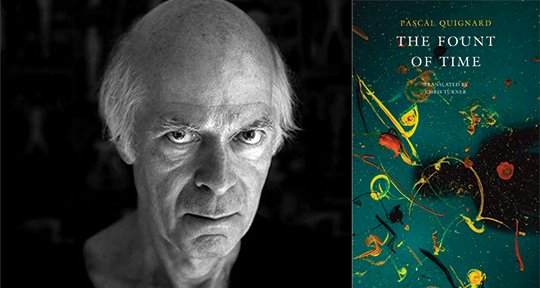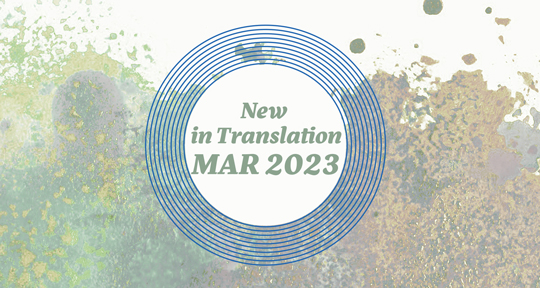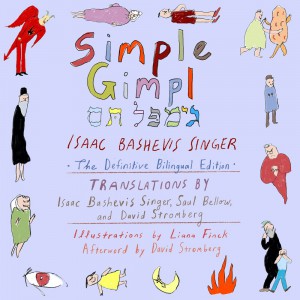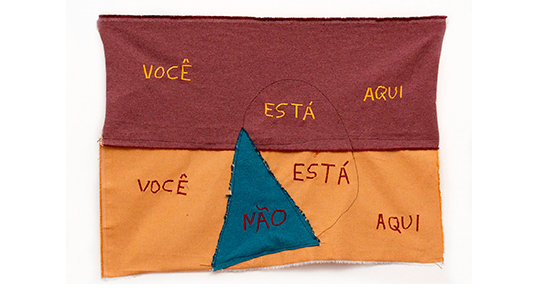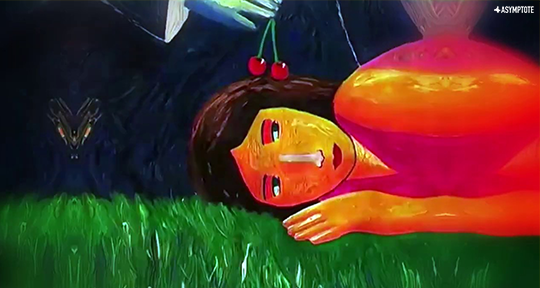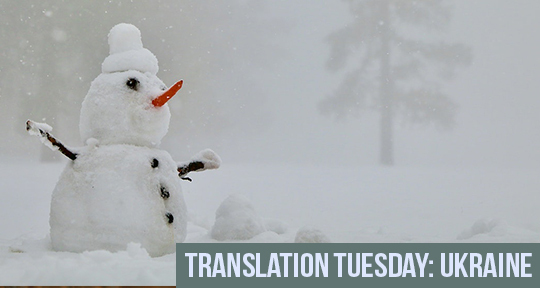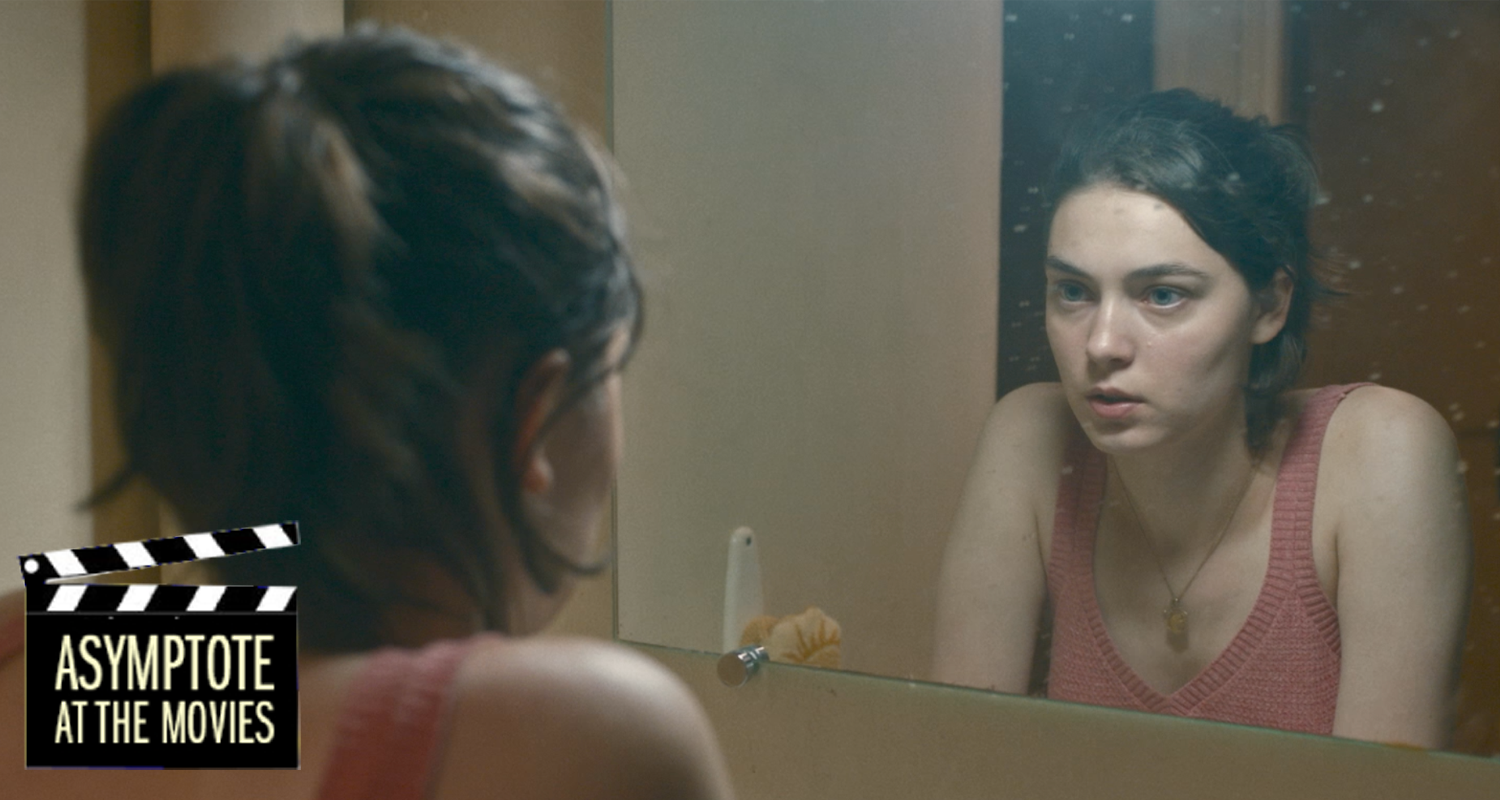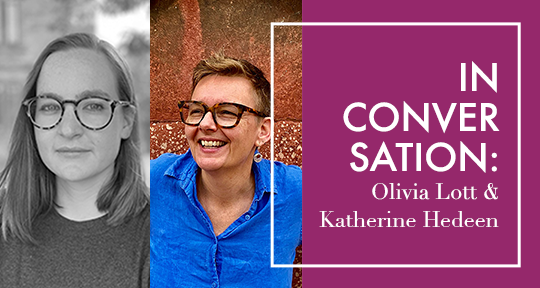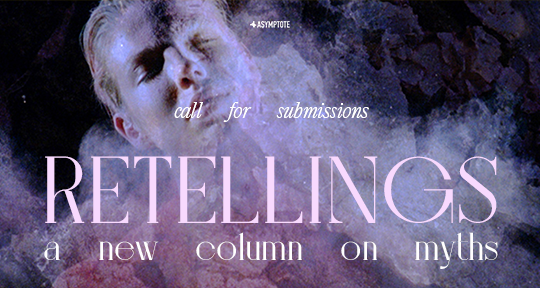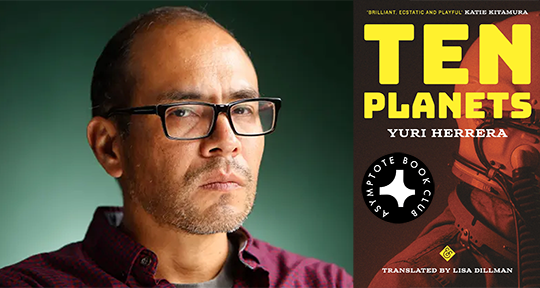The Fount of Time by Pascal Quignard, translated from the French by Chris Turner, Seagull Books, 2022
You might not know it, but you’ve likely been affected by the work of Akiyoshi Kitaoka, a professor of psychology and specialist in visual perception. That is—if a static image has ever given you vertigo, if you’ve taken LSD at some point in your life, or if you happen to be a fan of experimental pop band Animal Collective, whose 2002 album, Merriweather Post Pavilion, is outfitted in one of the scientist’s undulating patterns. Carefully constructed to delude the eye, Kitaoka’s psychedelic, shifty images induce an anomalous motion illusion, wherein selective shadings and geometries, coupled with repetition, tricks neurons into thinking that a picture is moving when it’s not. What results is an extremely convincing array of stillnesses that nevertheless quiver, spin, and oscillate. It’s only a tiny, easily recognisable fissure in the reliability of perception, but just as such illusions hint towards the limits of seeing, the indisputable evidence of our deceptive and limiting physicality sends us outward, pushing us towards all that exists in the unseen—that which finds its way to us through the intuited at, the briefly sensed, the deeply felt.
Pascal Quignard is restless with the unseen. His immense body of work—comprising of over sixty titles—plunges into the lush fabric of invisible things. From loss, to silence, to love, Quignard introduces the solid infrastructures that seem to contain these wild and eternal subjects, only to then elaborate upon their perceptible dimensions with the secret experience of echoes, phantoms, and the vivid reality of the imagined. From novels that wrestle with the psychological tortured voyeur (Villa Amalia) to ekphrastic writings on sexual imagery, the author is famed for his ability to excavate the torrid undercurrents of our daily existence—the metaphors, symbols, and myths that enrich and multiply human experience.
The latest work to make its way to English, The Fount of Time, is part of Quignard’s Last Kingdom (Dernier Royaume) series, which today comprises of eleven titles perhaps most notable for their resistance to classification. At once novelistic, aphoristic, philosophical, and poetic, the books flow through the author’s intelligence and preoccupations, traversing the topography of his mind in the rhythm of thinking—which is to say, formlessly. The Fount of Time joins three other Last Kingdom books in the Anglosphere, all in the fastidious and graceful language of Chris Turner, including: The Silent Crossing in 2013, Abysses in 2015, The Roving Shadows (which won the 2002 Goncourt) in 2019—with Dying of Thinking due out in early 2024. All of the titles hold to the same mutable nature, composed of chapters of widely varying lengths (some a dozen pages long, some containing only a sentence). Of the sections, there are ones that sound like the beginnings of stories, and ones that sound like endings; the contents verge from the studious and cerebral, to the simplicity of oral lyricism. Subjects include the colour red, the spring, classifications of matter, civil war, seclusion, The Huainanzi, animality, orgasms, fairies, ancient Rome, and happiness. The prose is passionate, distant, and indelible. Certain lines are almost even funny. It makes sense that Quignard has now dedicated himself to this series; it is essentially to state that after a lifetime spent pursuing a craft bound by definitions, delineations, and elucidations, he has forsaken clarity for the infinitely more true nature of life’s complexity. The cage door of literature’s maniacal self-diagnosis is flung open; the words have been freed. READ MORE…

